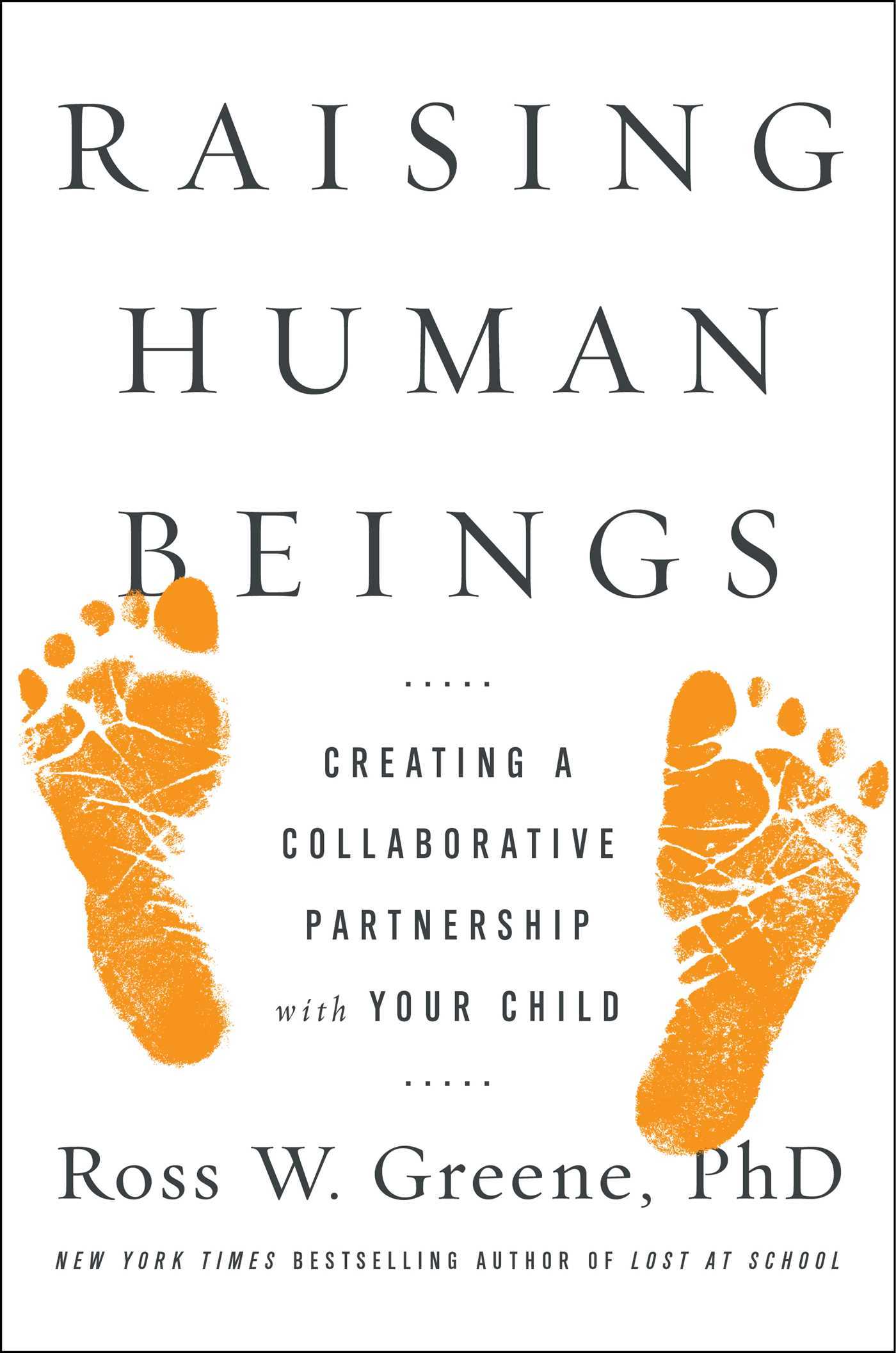What do you think?
Rate this book


304 pages, Hardcover
First published August 9, 2016
People almost never change without first feeling understood.Though stated differently, those ideas lie at the core of the parenting approach Greene describes in this book. Parents can best help their children learn, change, and grow--and deal with difficulties and misbehavior--by starting with listening and empathy, then asking for the same in return. Together, parents and children try to fully understand the problem under discussion and craft a solution that addresses everyone's concerns. It is both a step-by-step, formulaic method to follow in each specific instance and a general framework for helping kids grow into respectful, independent, capable people.
The single most important thing [you can do] is to shift [your] internal stance from "I understand" to "Help me understand." Everything else follows from that.